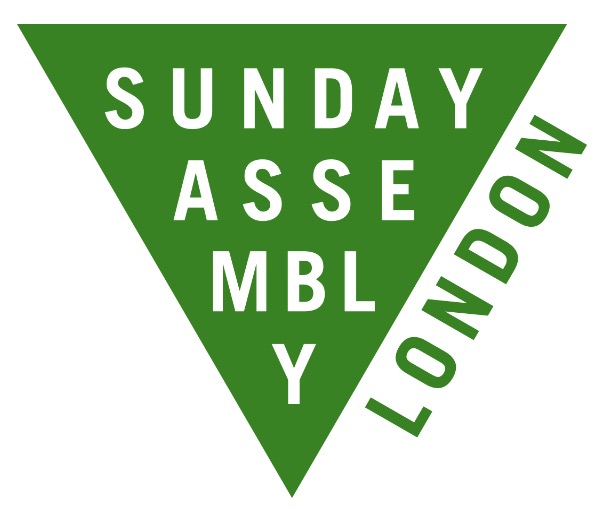One of the things I’ve always slightly envied about my Muslim, Jewish and Christian classmates in Divinity School is the fact that they have a holy text. A book to which they can turn for learning, reflection and guidance – even for confusion and mystery. For all the faults of these texts, and there are many, there is something powerful about having a story to believe in.
Humanists and atheists have long sought to create a Bible for nonbelievers, most famously A.C. Grayling’s Good Book project – remarkable for its breadth and fluidity. It draws on Greek myths, Chinese, Indian and Arab philosophical texts and Renaissance and Enlightenment classics. It even features a secular Decalogue, Ten Commandments for nonbelievers to take to heart.
But even if we’re as well read as an Oxford Don, these texts might not feel wholly ‘ours’. We may respect them, enjoy them and grow to love them – but at least for me, they will always feel like they belong to someone else. They’re intellectually stimulating, but not emotionally comforting.
My classmate Vanessa Zoltan, an atheist from a secular Jewish home, felt the same loss of a text to study. Reading and debating Torah together is a central Jewish practice, so she sought a story that she loved and trusted to invest the same love and effort into. She chose Charlotte Brontë’s Jane Eyre – a favourite of her mother’s and of her own childhood. That story was one that felt like it belonged to her and that she could believe in.
She read it, re-read it, and delved deeply into it with a small group to excavate as much meaning as possible. What I love most about how Vanessa reads that book is the willingness she has to let the text speak to her – even when the easy thing would be to dismiss it’s old-fashioned moral attitudes or dusty language. She doesn’t think it’s perfect, nor does she always trust it – but she gives it the benefit of the doubt.
I’ve decided to try the same thing with a favourite of mine – the Harry Potter books. They may be children’s stories, but I’ll let the fact that they’re the best-selling series speak to the fact that a lot of us have found real meaning in them. In fact, they can provide solace in the most inhumane of places; they’re the third-most requested text among prisoners in Guantanamo Bay, behind the Qur’an and the Bible.
Ultimately, what makes a book sacred is not the text itself. It’s what we do with them as a community that matters. Just because we’re not religious believers doesn’t mean we can’t have stories we choose to believe in.
What texts might you read in community? Who knows what treasures you may find when you dig deeper with friends – sharing your interpretations and learning from one another.
Casper ter Kuile is training to be a minister for non-religious people at the Harvard Divinity School. He’s the host of Living The Questions, a podcast exploring questions that matter.

